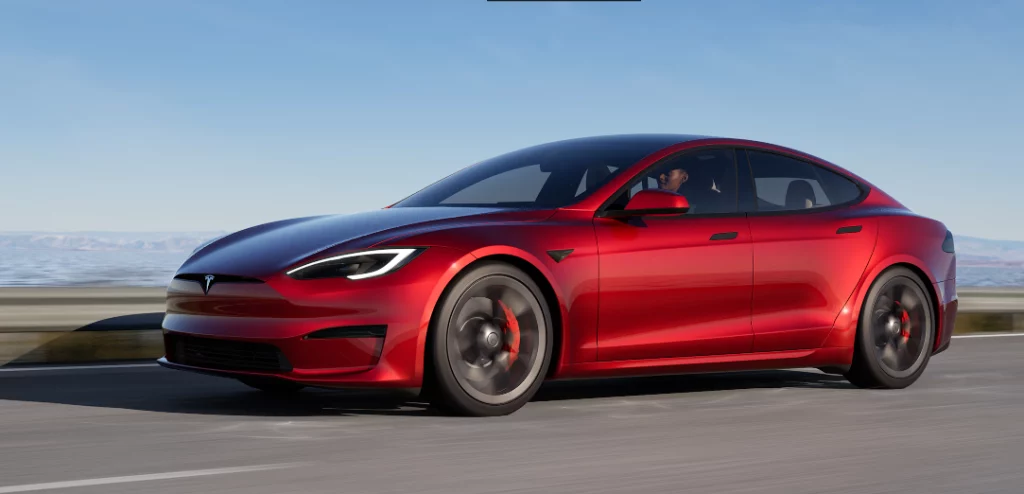Tesla‘s potential $2 billion investment in India is creating a buzz. This move, contingent on India reducing its hefty import taxes on EVs, could be a significant milestone in the global EV landscape.
This concession would help other EV brands get into the country
At present, India imposes a steep import tax – up to 100% for EVs exceeding around $40,000, and 70% for less expensive models. These high tariffs have been a barrier for Tesla’s entry into the Indian market, a country with burgeoning potential for EV adoption due to its large population and increasing focus on sustainable practices.

The crux of Tesla’s proposal hinges on a substantial reduction of these taxes to 15%. This concession would not only benefit Tesla but could potentially open the gates for other international EV manufacturers, enriching India’s EV ecosystem. The proposed tax cut is expected to apply to an annual import volume of at least 12,000 vehicles, with Tesla’s investment scaling up to $2 billion if the import volume reaches 30,000 vehicles.
However, this is not just about Tesla’s expansion. It’s a broader narrative of how global EV giants and local markets can collaborate for mutual benefits. For Tesla, it’s an opportunity to tap into one of the world’s largest consumer markets. For India, it’s a chance to accelerate its transition to clean energy and enhance its technological prowess in the EV sector.
The potential investment could also reshape India’s EV manufacturing landscape. While the exact nature of Tesla’s proposed facility remains speculative, it could range from a final assembly site to a production hub for specific components. This development could spur job creation and technical knowledge transfer, bolstering India’s position in the global EV market.
Moreover, this move could introduce a healthy competitive environment, challenging local giants like Tata Motors and Mahindra and Mahindra. Such competition is essential for innovation, affordability, and quality improvement in the EV sector.
RELATED:
- Vivo iQOO 12 Pro: Save $100 on the flagship gaming phone
- Tesla’s V4 Superchargers with High Charging Speeds are Popping up All Over the US
- Tesla Expands Global Reach & Opens Superchargers in South Korea to All EVs
- Xiaomi 14: New flagship with snapdragon 8 gen 3 only for $599
- Best Messaging Apps for Android in 2023
(Via)







